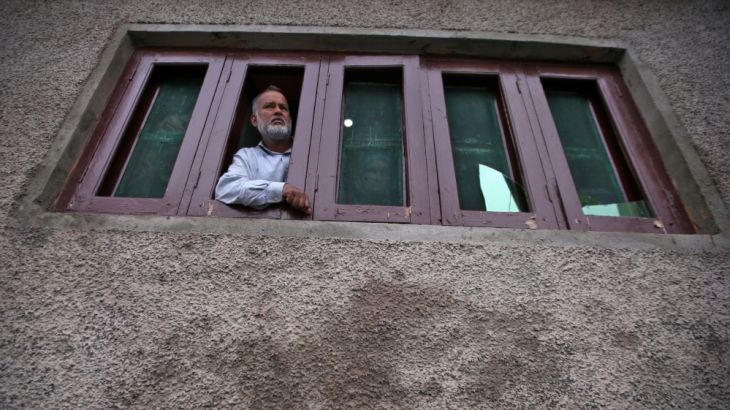
What does the domicile law mean for Kashmir?
Anxiety across Indian-administered territory that new rules will spur the influx of newcomers and alter its demography.
On Monday, June 15 at 19:30 GMT:
A new domicile law for Indian-administered Kashmir is fuelling anxiety among people already enduring security restrictions imposed by India’s central government that have been criticised by UN experts.
For decades, Kashmiris had rights to education, jobs and land enshrined within legal codes that accompanied semi-autonomy. But that all changed in August 2019 when the BJP-led central government revoked the region’s special status, without any direct input from Kashmiris. The central government went further in March, introducing laws that dramatically expand who can live permanently in the newly-designated Union Territory of Jammu and Kashmir.
The new rules allow Indian citizens who have lived in Jammu and Kashmir for 15 years to claim a “domicile certificate” for residency benefits, as well as those who have studied there for seven years. Children of central government officials who worked in Jammu and Kashmir for at least 10 years can also apply, even if they have never set foot in the territory. Kashmiris were not given an opportunity to vote for or against the new law, and local parties say the central government did not consult them over amendments to the measures.
Officials within the BJP-led central government say the domicile law will usher in “equality and dignity for all”. But people across Kashmir are worried that the new laws will clear the way for people across India to move into the region based on scant documentary proof, taking jobs and opportunities from indigenous Kashmiris. Legal scholars say the new domicile laws will encourage “demographic flooding” of Muslim-majority Jammu and Kashmir and render stateless indigenous Kashmiris who are unable to prove their residency and obtain a domicile certificate.
We will look at how Kashmiris are reacting to the new domicile laws and their concerns for the future. Join the conversation.
On this episode of The Stream, we are joined by:
Mirza Saaib Beg, @M_S_Beg
Lawyer and scholar
Safwat Zargar, @safwatzgr
Correspondent, Scroll.in
scroll.in
Mona Bhan, @bhanbrogmo
Professor of anthropology, Syracuse University
maxwell.syr.edu/anthro
Read more:
Kashmiri Pandits must reimagine the idea of return to Kashmir – Al Jazeera
Young Kashmiris want Indian forces to leave: Survey – Al Jazeera